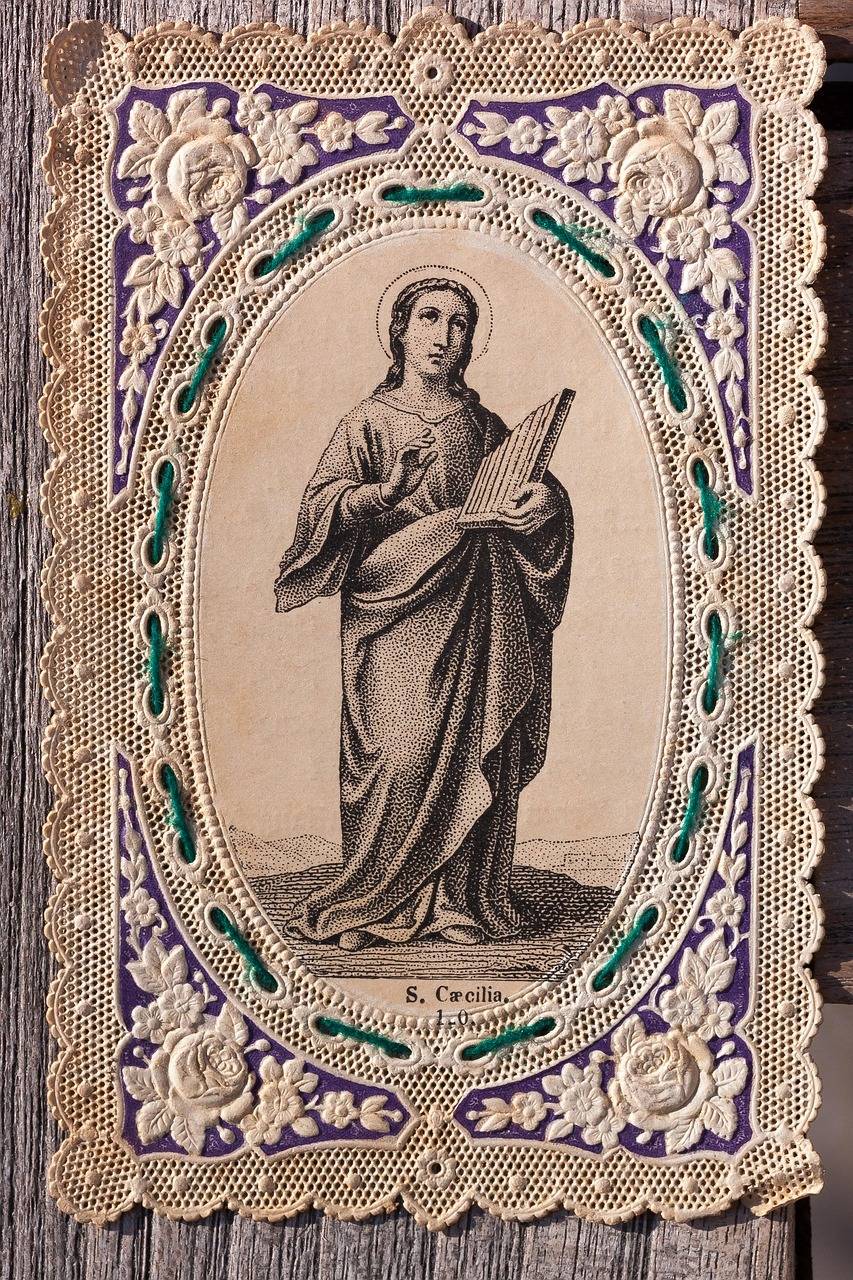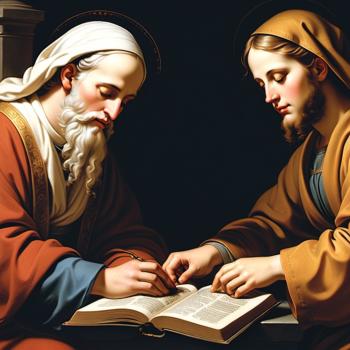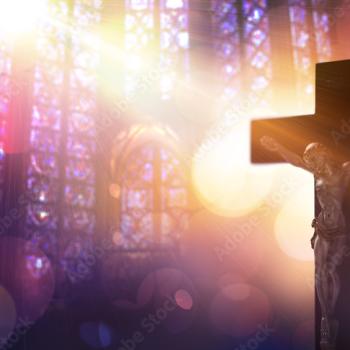
St. Cecilia’s feast day is on November 22 and considered to be one of most famous and most discussed virgin martyrs of Catholic church history. No one really knows when she was born. However, there is a lot of information about how she died and why she is the patroness that she is today. So what makes her so special and why should you get to know her? Read on.
Why the patroness of music and musicians?
It has been written by various writers that when St. Cecelia was married, she would sing loudly in church when the music was played during her wedding ceremony. Her voice was for and to the Lord. Not only in life, but also as there were attempts on her life. Music was her magic and her savior you could say.
What’s also interesting is that over the years, St. Cecilia would also become the patron saint of poets, composers, singers and makers of musical instruments. She is also said to be the symbol of liturgical music, which is why she is so venerated to this day. In fact, after finishing choir practice, my choir director will always ask her to pray for us.
Works that have been attributed to Cecilia in her honor and memory include: Chaucer’s “Second Nun’s Tale,” Dryden’s poem “A Song for St. Cecilia ’s Day,” and Stefano Maderno’s sculpture of the Saint. There is also a line of violas and violins which were named after her. These musical instruments have a “St. Cécile,” label and were produced by Jean-Baptiste Villaume. If you see various artworks of her(including in the picture above at the beginning of the article) she is often shown playing the organ or some other symbol of music nearby.
Why a virgin?
St. Cecilia vowed to remain a virgin, even up to her marriage to a gentleman named Valerian (who would also be a future saint). Valerian was not Christian but Pagan and until he was to be baptized and understood her beliefs, it waw the way it would be for her. Essentially, she told her husband that she was sent a message to remain a virgin after marriage thanks to an angel’s message that came to her when she converted at a young age.
How did she die?
St. Cecilia lived a life of unselfishness including giving to the poor and taking care of others. She didn’t care if she came from an aristocratic family or not. It was her calling since her conversion. However, the leaders of the town where she lived, as well as some members of her own family were none-to-thrilled about this. In addition, during her time Christianity was also faced with heavy persecution.
When Cecilia was captured and detained. the Roman soldiers tried all they could to kill her. Yet, she stilled survived somehow. That’s where the power of her singing voice is said to come in.
Even getting beheaded did not do justice as she continued to live until she died of her wounds. And as she was passing away, she made sure that all that she needed to give away to the poor was done and anything else was donated to the Church. Once she knew this could be done, she died in peace and her body was buried in the catacombs close to where she lived.
Some time after her passing and through some excavation, something interesting happened. When her body was discovered in the catacombs near Rome, the found her body incorrupt. Thus, she is considered to be the first incorruptible saint ever on record. Her body was then moved to a church in the Tratsvere, which is named after her and still stands today.
Incorruptible or not, her story in death really is said to be something very special.
Why I chose to write about St. Cecilia
When I was confirmed in 8th grade, I chose my Confirmation name of Cecilia. I thought it was a great name after looking through a book of saints. While most of my classmates were choosing names like Ruth, Mary, Elizabeth, I wanted to be a little different. After researching and finding out that St. Cecilia is the patronnes of music, I knew I found my kindred soul.
What’s interesting is over the years music has come into my life in a lot of ways. I’ve been singing in my church choir for a number of years. I was an online radio DJ for a few. I’ve developed this strong connection to music and see it as kind of magical energy in my life.
Even with poetry, I started writing it in high school. Over the years I would write on and off and have one or two works published. I’ve also done some open-mike nights, which I recently have had a calling to come back to recently. So, to say that my Confirmation sake is guiding me along on my personal journey is an understatement.
Questions for further discussion:
Who is your patron saint?
What saint guides you on your journey?
About Susan:
Susan is a fan of music and culture and kind of considers herself that way. To get to know a little more about her, as well as future updates, you can find her at the links below:
Visit my Facebook author page.
and Website













